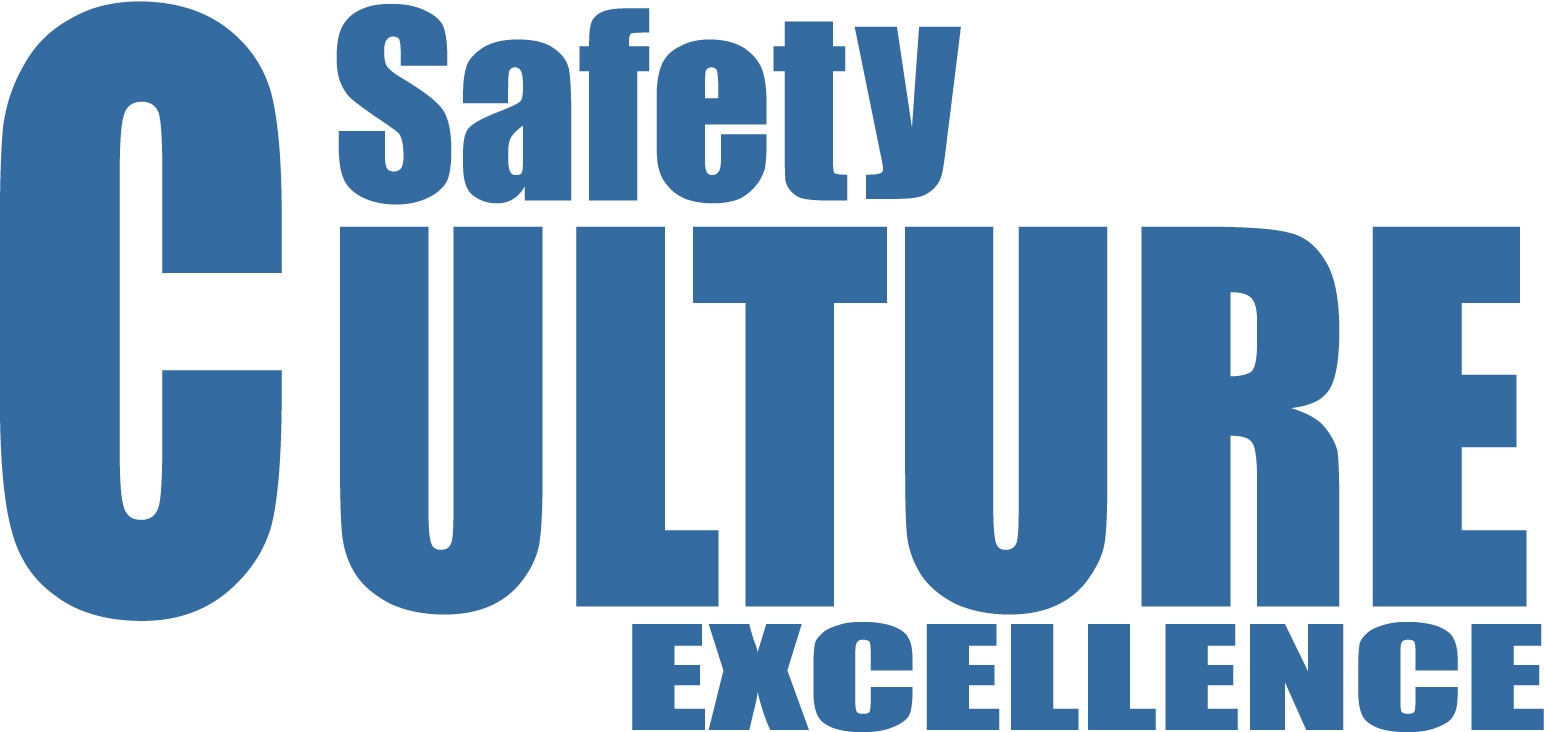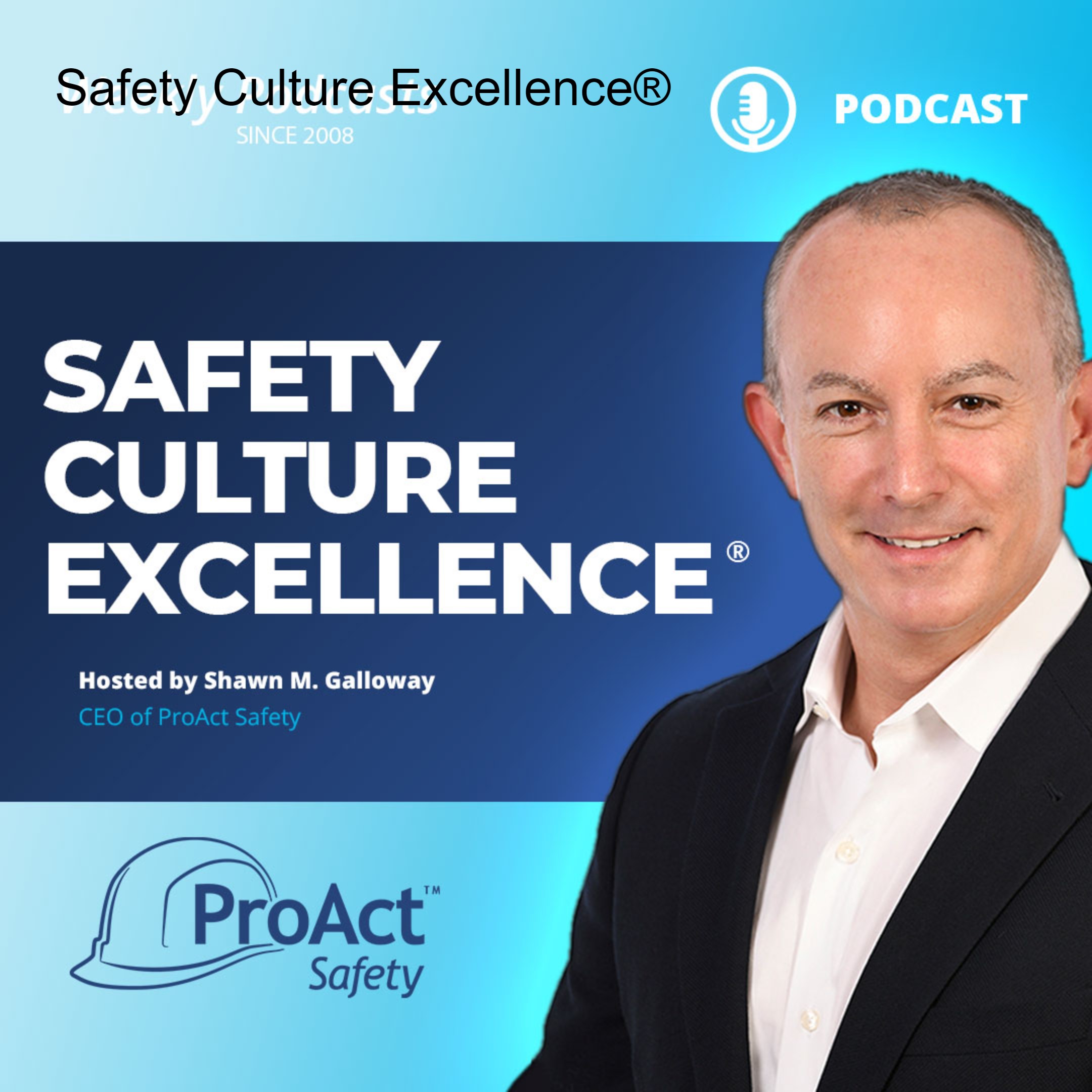Episodes

Tuesday Jan 17, 2012
Accident Causation
Tuesday Jan 17, 2012
Tuesday Jan 17, 2012
Between the recent articles in safety publications and the capsizing of the Costa Concordia, there is a renewed dialogue among safety professionals and others about accident causation. In the first third of the last century Heinrich proposed, from his observations of accident reports, that 88% of all accidents were the result of unsafe acts, 10% from unsafe conditions, and 2% from undetermined causes. One author recently refuted this, mainly citing the tendency to blame employees for accidents when much of the “cause” was due to systems issues controlled by managers.
While there is validity in looking beyond human behavior, there is great danger in overlooking it and its critical role in accidents. We should always look at the “why”, but we can’t forget the “what.” It looks like we have opened the door to a whole new set of terminology around what has been traditionally labeled “immediate cause,” “underlying cause,” “root cause,” and “contributing factor.” If changing terminology or consolidating terminology helps prevent accidents, I am all for it.
From the discussions on line, there may be a need for better developing the talking points around accident causation. It is hard to synergize solutions when it takes 1200 comments in a LinkedIn group just to get everyone agreeing on terms.
The main point that must not get lost in this discussion is the fact that behaviors , regardless of what causes, prompts, or influences them are critical to risk control and, thus critical to accident prevention. We have assumed a lot over the years about what causes human behavior and how to change it. However we approach it in the future, we must not forget it. If a driver swerves into the other lane, the probability of an accident just dramatically increased. THAT is human behavior.
Now, how do we keep drivers in their own lanes? That is the next level. We err when we think that changing the influences on behavior will automatically and completely and immediately change behavior. If we don’t change behavior, we have missed the mark or are shooting at the wrong targets. It is not about blame, it is about prevention.
If we forget this basic premise as we strive to better understand its causes and influences, we are taking a step forward and falling hopelessly backwards. We need to understand the next level of causation or influence or systems issues or whatever we decide to call it so we can use it to shape behavior, not forget it.
Terry L. Mathis
CEO and Founder
ProAct Safety, Inc.

